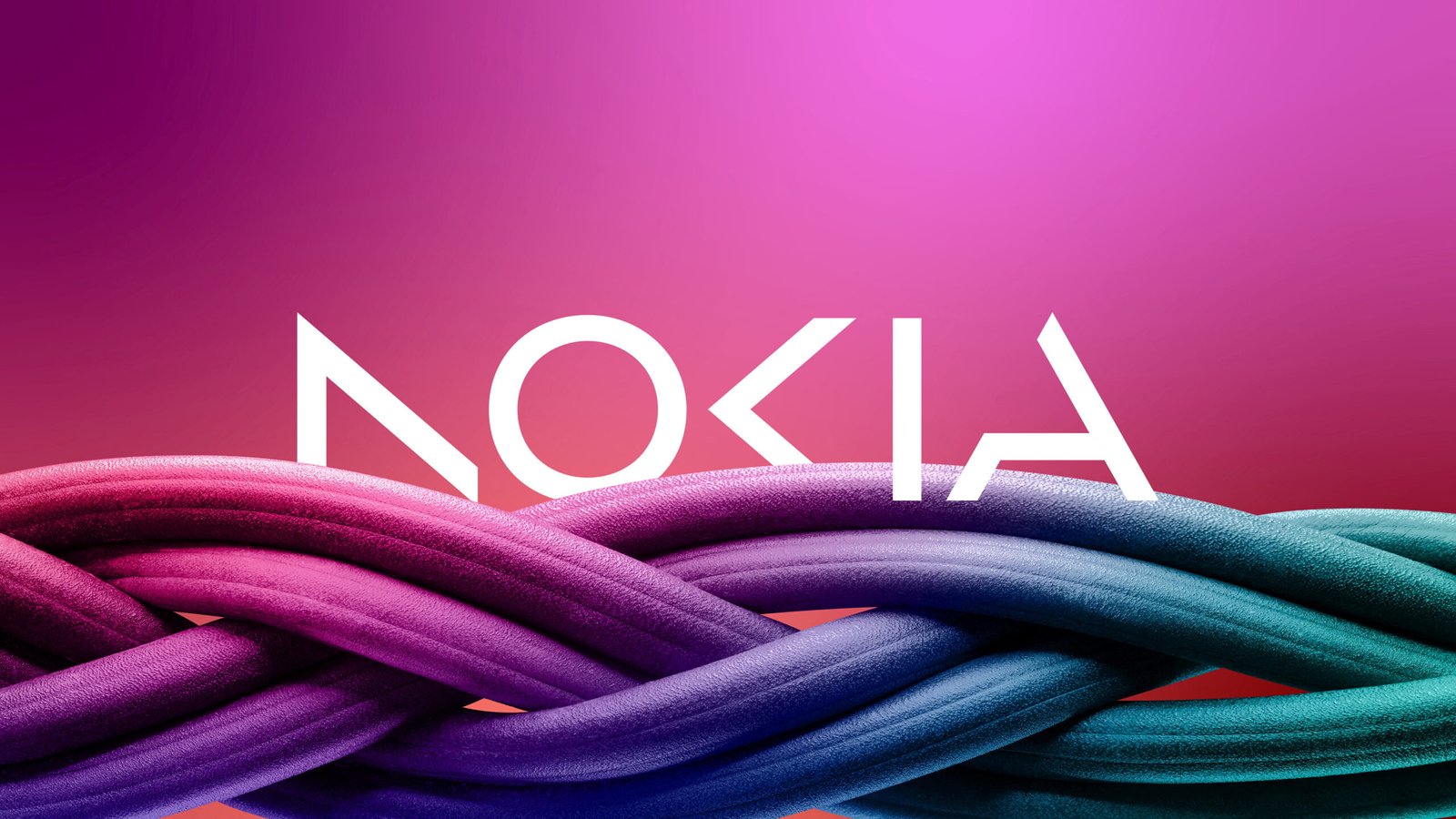Account Based Marketing focuses on targeting specific accounts with personalized campaigns, while Demand Generation aims to create awareness and interest in a broader audience through various tactics. Both strategies aim to drive business growth, but ABM emphasizes personalized engagement with high-value accounts, while Demand Generation focuses on generating interest from a larger audience.
Account Based Marketing and Demand Generation are two distinct strategies that businesses use to drive growth and acquire customers. While they have different approaches, both are vital components of a comprehensive marketing strategy. Understanding the nuances of each strategy is crucial for businesses to effectively reach their target audience and achieve their growth objectives.
We will explore the differences between Account Based Marketing and Demand Generation, as well as the unique benefits and challenges associated with each approach. By the end, you will have a clear understanding of how these two strategies can complement each other to propel your business forward.

Credit: blog.hubspot.com
Key Differences
When it comes to B2B marketing strategies, two commonly used approaches are Account Based Marketing (ABM) and Demand Generation. While both aim to drive business growth, there are key differences in their target audience approach and marketing tactics. Understanding these differences can help businesses determine which strategy aligns better with their goals. Let’s dive into the details!
Target Audience Approach
ABM targets specific key accounts, focusing on personalized campaigns tailored to engage and convert these high-value prospects. It emphasizes quality over quantity, aiming to deeply understand the needs and pain points of target accounts.
In contrast, demand generation casts a wider net, targeting a larger audience of potential customers. Its goal is to increase brand awareness, generate leads, and create demand for products or services among a broader set of prospects.
Marketing Tactics
In ABM, marketing tactics are highly targeted and personalized for each key account. It involves hands-on collaboration between the sales and marketing teams to create customized content and experiences that address the specific needs of each account.
Demand generation relies on broader marketing tactics to attract a wider audience. These tactics include content marketing, email campaigns, social media advertising, SEO optimization, and events. The goal is to capture the attention and interest of as many potential customers as possible.
While ABM and demand generation have different target audience approaches and marketing tactics, they are not mutually exclusive. In fact, many businesses combine elements of both strategies to maximize their marketing efforts.
The Right Strategy For Your Business
Choosing between ABM and demand generation depends on various factors such as your target market, business goals, and available resources. If your business focuses on a select group of high-value accounts, then ABM might be the best fit. On the other hand, if your goal is to generate leads and create brand awareness among a broader audience, demand generation might be the way to go.
In conclusion, understanding the key differences between ABM and demand generation allows businesses to make more informed decisions about their marketing strategies. By aligning the target audience approach and marketing tactics, businesses can effectively drive growth and achieve their objectives.

Credit: www.listennotes.com
Benefits Of Each Approach
When it comes to developing a robust marketing strategy, businesses often need to weigh the benefits of account-based marketing (ABM) and demand generation. Both approaches have their unique advantages, and understanding the benefits of each can help businesses make informed decisions about which strategy to prioritize.
Account-based Marketing Benefits
- Creates personalized experiences for high-value accounts
- Enhances customer loyalty and retention
- Aligns sales and marketing efforts for targeted outreach
- Maximizes revenue potential from key accounts
Demand Generation Benefits
- Generates brand awareness across a wider audience
- Drives lead generation through mass marketing efforts
- Supports pipeline growth and expands market reach
- Provides insights into customer behavior and preferences
Challenges And Considerations
When implementing Account-Based Marketing (ABM) or Demand Generation strategies, marketers encounter various challenges and must consider certain factors to ensure the effectiveness of their campaigns.
Challenges Of Account-based Marketing
ABM presents unique challenges compared to traditional lead-centric approaches. One of the main hurdles is the need for close alignment between marketing and sales teams to identify and target high-value accounts effectively. Additionally, sourcing and managing accurate data for a more personalized approach can be challenging. Another obstacle is the longer sales cycle associated with ABM, which requires sustained efforts to nurture relationships with target accounts and drive conversions.
Considerations For Demand Generation
When focusing on Demand Generation, marketers must consider the scalability and reach of their campaigns. Building brand awareness and capturing a wider audience requires strategies that can efficiently generate leads in volume. Moreover, careful consideration must be given to the balance between quantity and quality of leads, as a high volume of low-quality leads can strain sales resources and impact ROI negatively.

Credit: www.facebook.com
Frequently Asked Questions On Account Based Marketing Vs Demand Generation
What Is The Difference Between Marketing And Demand Generation?
Marketing is a broader term that encompasses various activities to promote a product or service. Demand generation is a specific marketing strategy focused on creating interest and generating demand for a product or service. It aims to attract and nurture potential customers, guiding them through the sales funnel.
What Is The Difference Between Abm And Lead Generation?
ABM focuses on targeting specific accounts with personalized campaigns, while lead generation aims to attract a wider audience for potential prospects.
What Is The Difference Between Marketing And Account-based Marketing?
Marketing focuses on reaching a broader audience through various channels. Account-based marketing targets specific accounts with personalized strategies.
What Are The Three Types Of Account-based Marketing?
The three types of account-based marketing are one-to-one ABM, one-to-few ABM, and one-to-many ABM. One-to-one ABM targets individual accounts, one-to-few ABM targets a small group, and one-to-many ABM targets a larger audience.
Conclusion
Account Based Marketing and Demand Generation are two strategies that can work hand in hand to drive business growth. While Account Based Marketing focuses on personalized engagement with high-value accounts, Demand Generation aims to create awareness and interest among a broader audience.
Both approaches have their distinct advantages and should be tailored to the specific needs and goals of a business. By understanding the differences and leveraging the strengths of each strategy, companies can effectively target and engage their ideal customers, resulting in enhanced brand visibility, increased leads, and ultimately, higher revenue generation.




